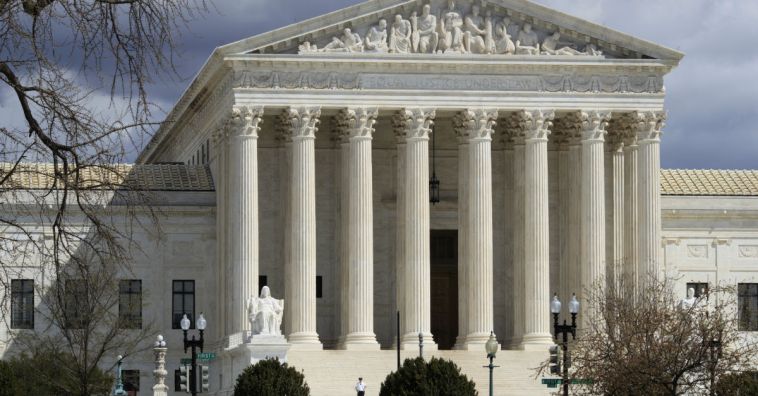On Wednesday, the Supreme Court ruled that victims of terrorist attacks cannot seize Iranian antiquities currently on loan to a museum in Chicago to help satisfy a $71.5 million dollar judgment against Iran.
Videos By Rare
According to CNN, the 8-0 ruling led by Justin Sonia Sotomeyer is a loss for citizens of the United States who were either wounded or a close relative to those injured in an attack when Hamas carried out three suicide bombings in a pedestrian mall in Jerusalem, in September 1997.
RELATED: Supreme Court rules that Trump Travel Ban can be enforced
In US federal court, the petitioners sued Iran – alleging it was responsible for the bombing as it provided material support to Hamas. The court entered a judgment in their favor in the amount of $71.5 million.
The petitions attempted to seize assets as Iran didn’t pay the judgment. Assets that are located in the U.S. – including a collection of approximately 30,000 clay tablets known as the Persepolis Collection, loaned to the University of Chicago in 1937.
The victims under a provision of the Foreign Sovereign Immunities Act backed seizing the aforementioned assets.
RELATED: Supreme Court Justice Kennedy just dropped a major hint about his rumored retirement
But Sotomayor wrote that the law, which grants foreign states immunity from suits in the United States with some exceptions, “does not provide a freestanding basis for parties” to “attach and execute” against the property of a foreign state.
As she presumably dealt with the case in her previous job as solicitor general during the Obama administration, Justice Elena Kagan recused herself from the case.
To get a sneak peek at the Persepolis Section at Oriental Institute of the University of Chicago, scroll onto the video below – courtesy of Ed Saiedi.

